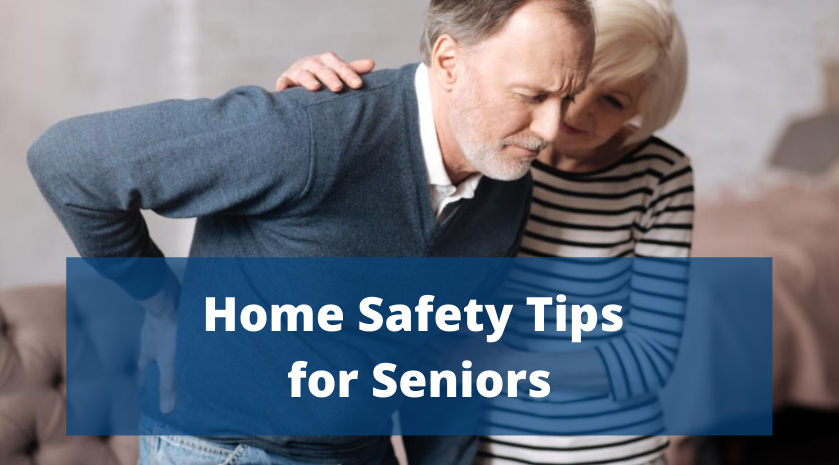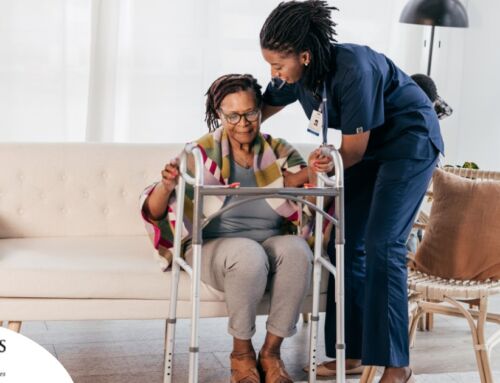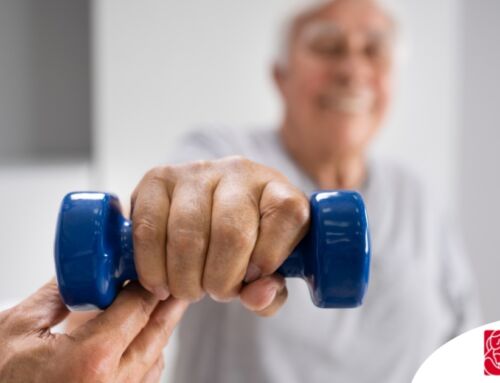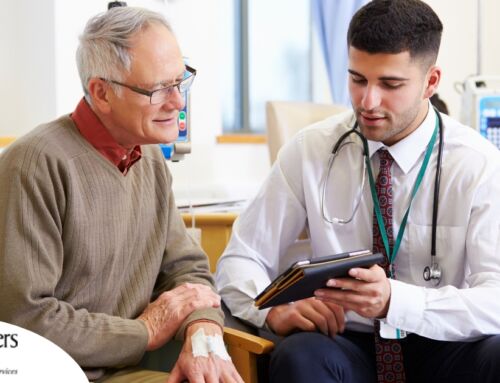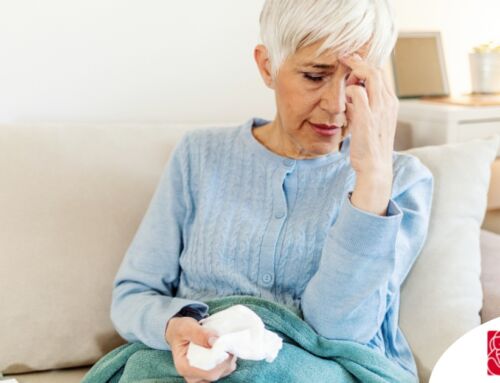Maintaining Senior Safety at Home
Most seniors desire to keep living in their home for the rest of their lives. That’s why close to 30% of seniors live at home, including women older than 75. Obviously, independence is precious to most seniors, especially when it allows them to stay in a familiar place or remain part of their community.
But living alone becomes riskier with age. Seniors can become depressed and feel isolated. They may also experience memory problems, and they could be subject to many household hazards. This means that seniors must take a lot of precautions. So, we’ve put together the following information to reveal the risk factors seniors and their caregivers must be aware of and a couple of safety tips for the elderly living alone.
Why Seniors Are at Risk of Falls
Certain physical factors tend to work against us as we grow older. Our muscles get weaker, our joints get stiff, we may experience pains from arthritis, and the ligaments become shortened, hindering our ability to walk.
Other conditions that raise the risk of falls for seniors are:
- Poor vision
- Being overweight
- Joint and bone conditions
- Dehydration
- Memory problems like dementia
- Stroke and its effects
- Blood pressure medications
- Sitting down for too long
- Loss of feeling in feet and toes
Fall-Proofing Your Home
Most falls occur at home where we tend to take our safety for granted. But these domestic falls can be prevented if we heed certain personal safety tips for the elderly and we try to fall-proof the home. Here are some ideas that may be used as an elderly home safety checklist to fall proof your home.
- Remove all items that can make you trip or slip: This means removing pet bowls, small furniture, clutter, phone cords and electrical wires.
- Rearrange furniture to give more walking space: Take away items from pathways, hallways and stairs.
- Secure carpets to the floor: Remove throw rugs, use only non-slip rugs and attach your rugs to the floor using double-sided tape.
- Install nonslip strips: Buy non-slip strips at a hardware store and place them on your floor and stairs as well as the shower or bathtub floor.
- Avoid all wet surfaces: Stay away from wet floors at home and outdoors. When possible, get them cleaned instantly.
- Take extra care when walking outdoors: Avoid going out alone when you need to walk on snow or ice. A slip on such surfaces can cause a major injury.
- Install adequate lighting: Ensure that there’s enough lighting in all rooms, walkways and entrances. Light up the stairway and put night lights in the kitchen, bedroom, hallways and bathroom.
What to Do After a Fall Occurs
No elderly person should attempt to stand up on their own when a fall happens. If any bone has been broken, they will cause more harm to their bones and muscles while trying to stand up.
Every senior needs to call for help as soon as a fall happens, especially if they have pains or experience injury. To make it easy to call for help during an emergency, seniors should put a small cell phone in their pockets or wear an emergency pendant.
It is also important for seniors to be taken to their doctor for an evaluation after any fall. Sometimes, the fall is a result of other health issues that may not be obvious.
At CareGivers of America, we provide compassionate in-home nursing care and personal care for seniors. We also offer help for the elderly to perform daily activities like bathing, eating, dressing, using the bathroom and mobility. We have a team of professional caregivers that offers service to clients in Miami. We also provide service in surrounding areas including North Miami, Coral Gables, Aventura, Cutler Bay, Bal Harbour and the whole of South Florida.
Give us a call now to get more information about any of our services. We’d be happy to give you a free consultation on improving safety for your beloved senior.

